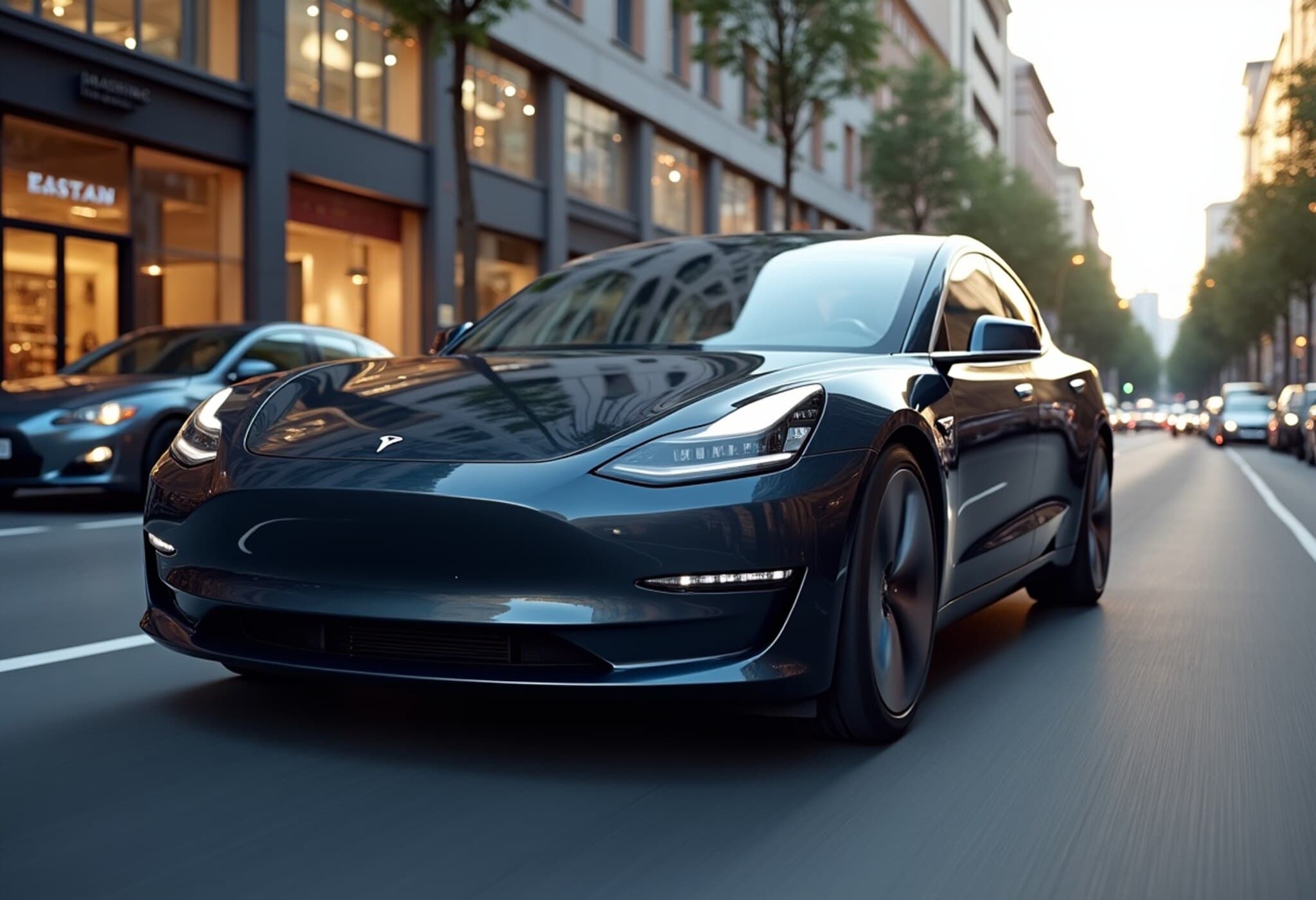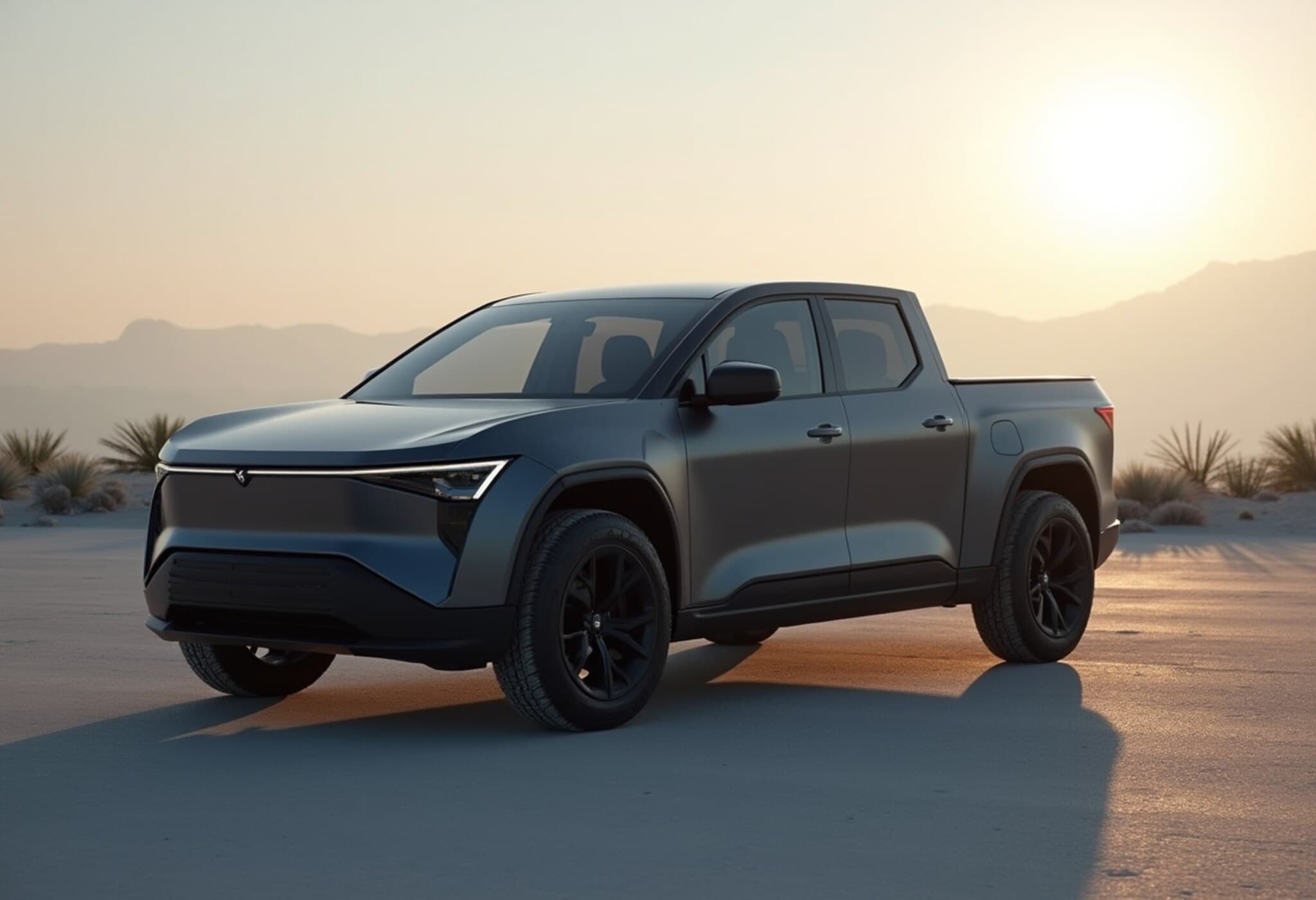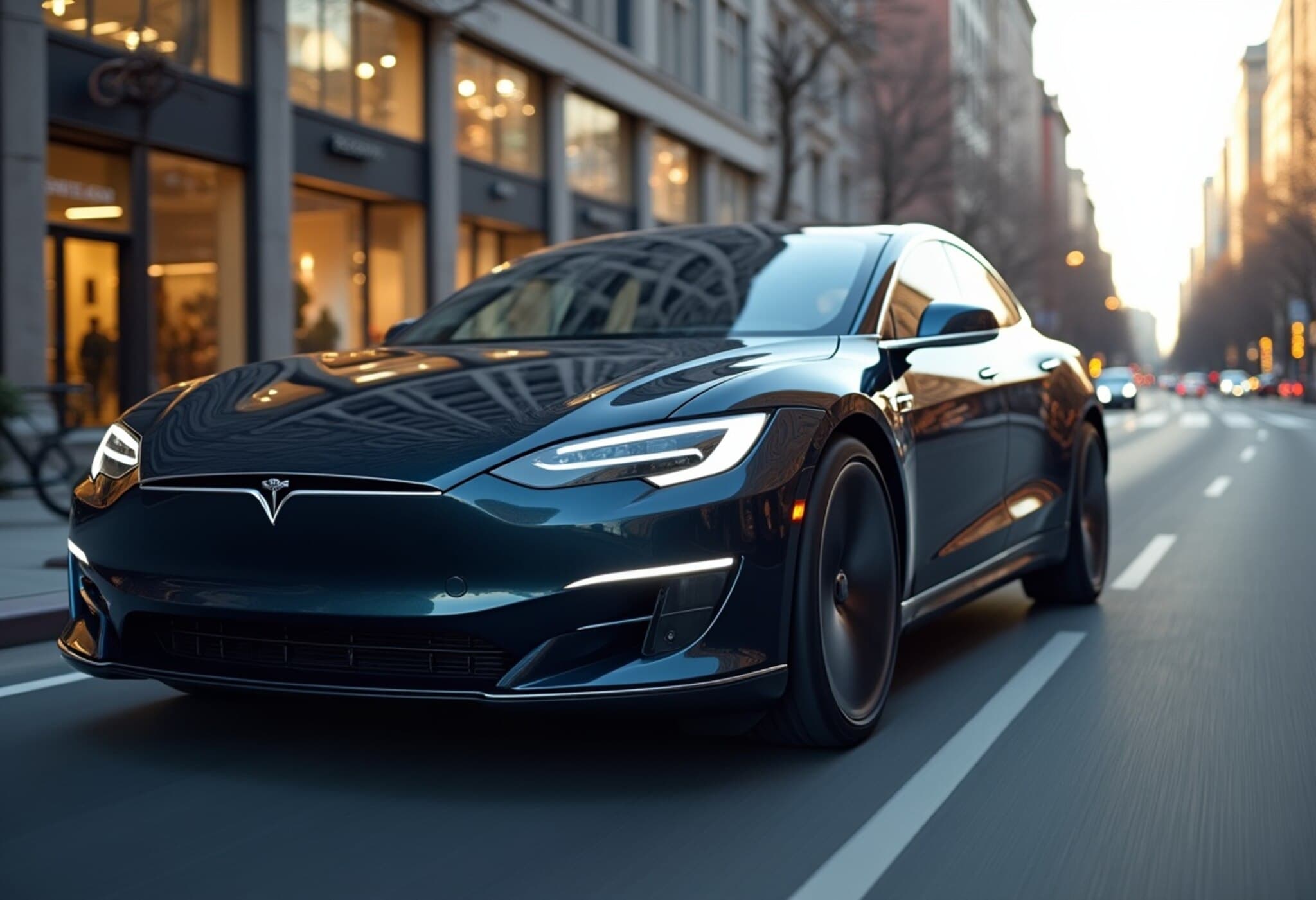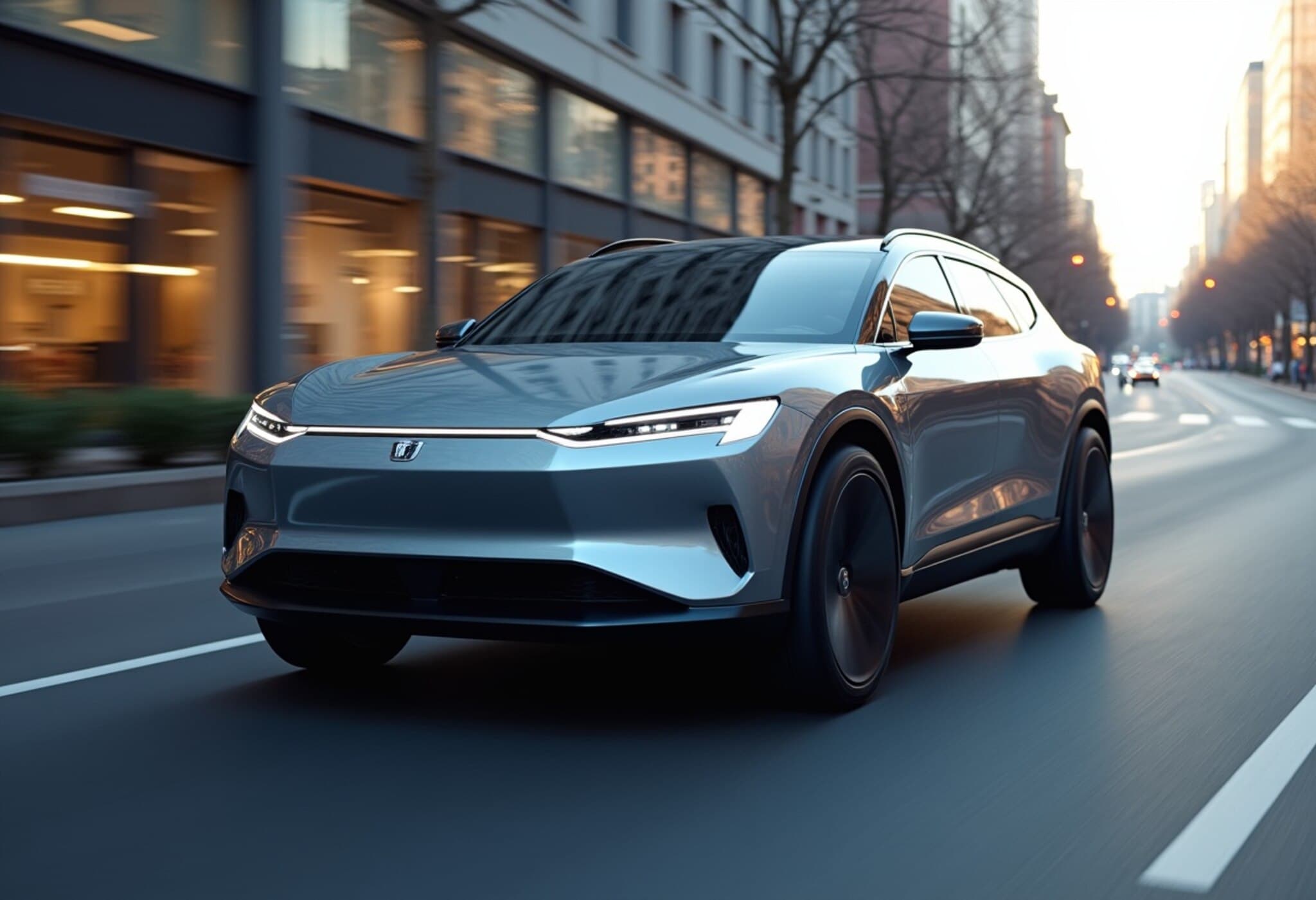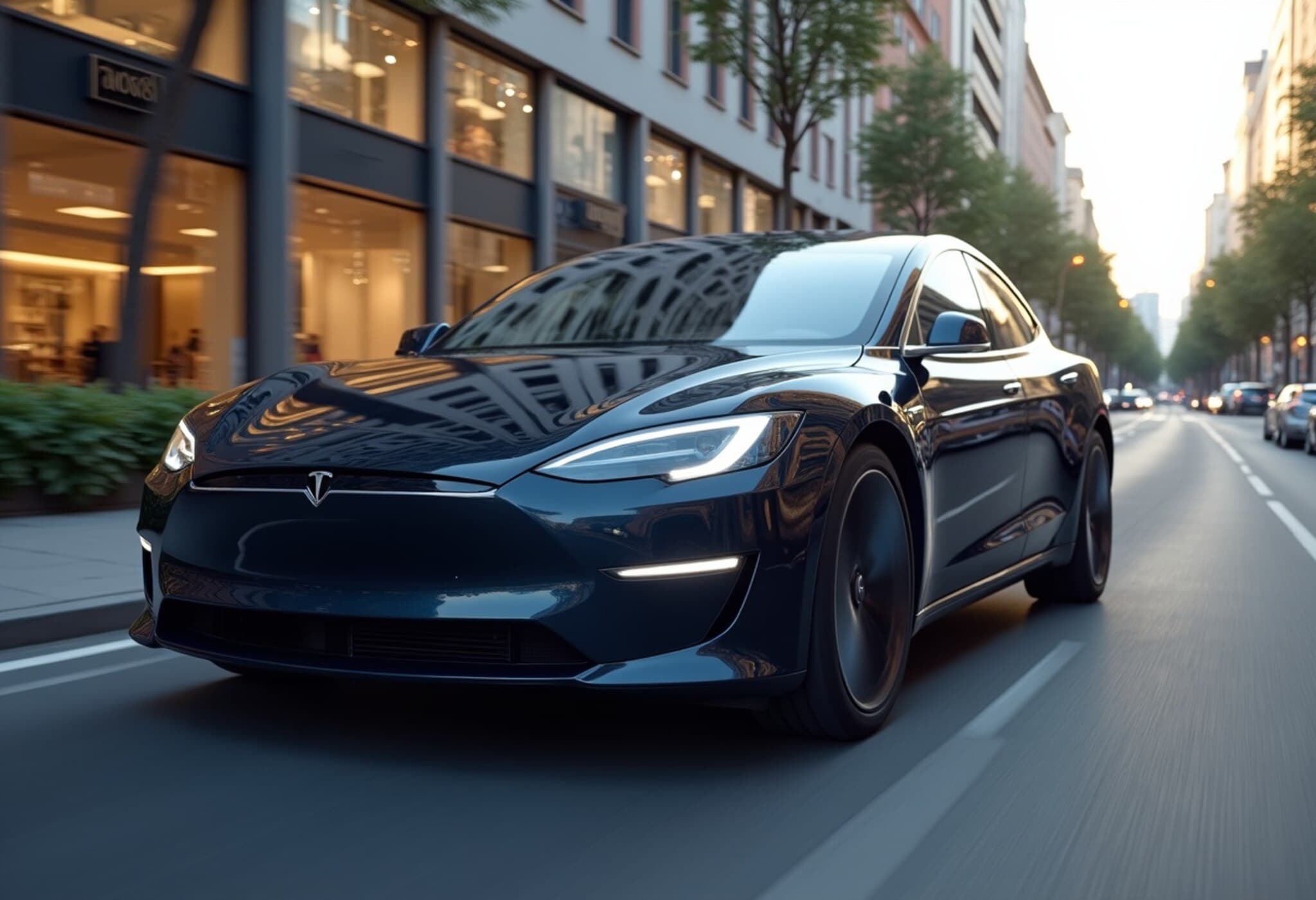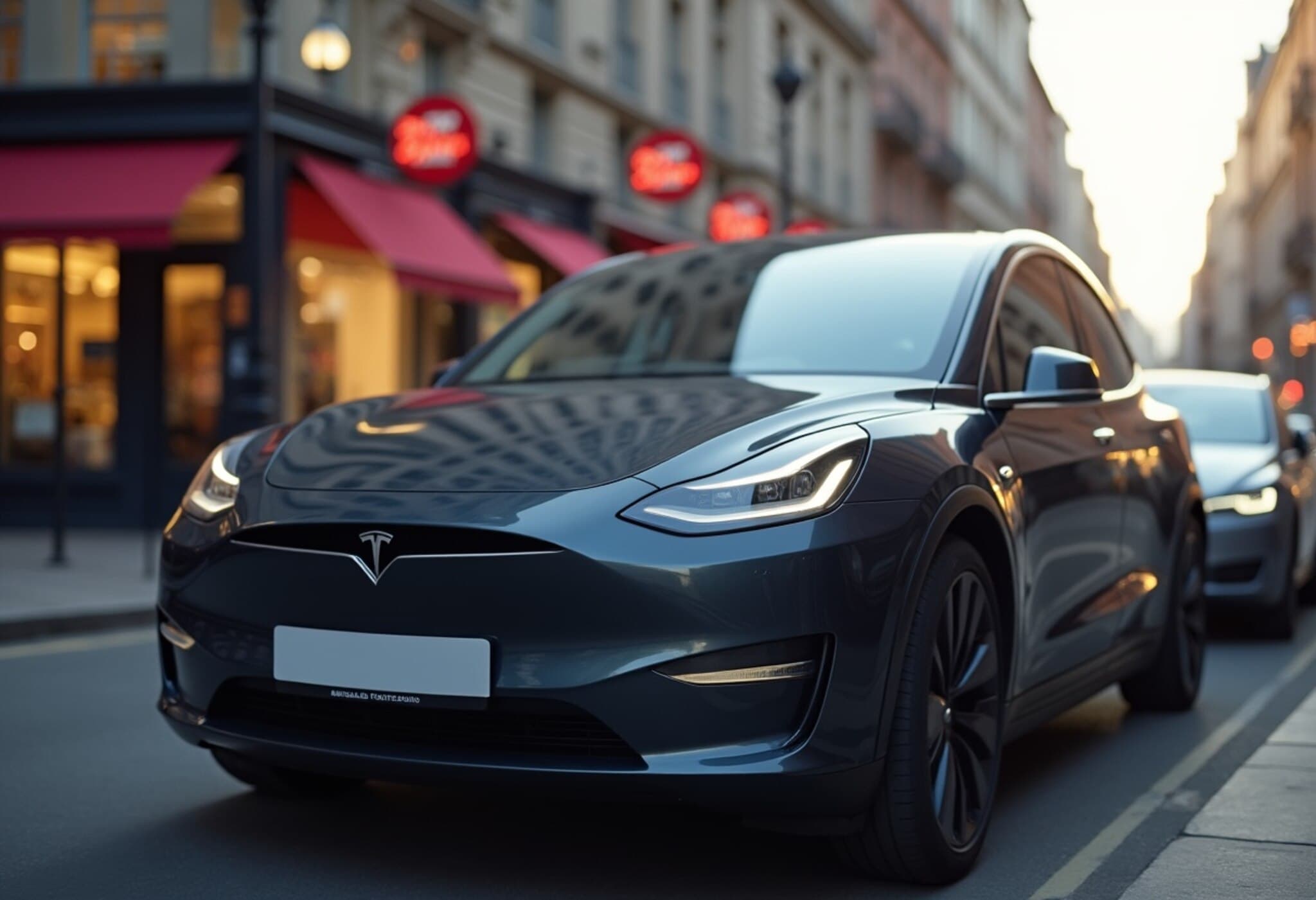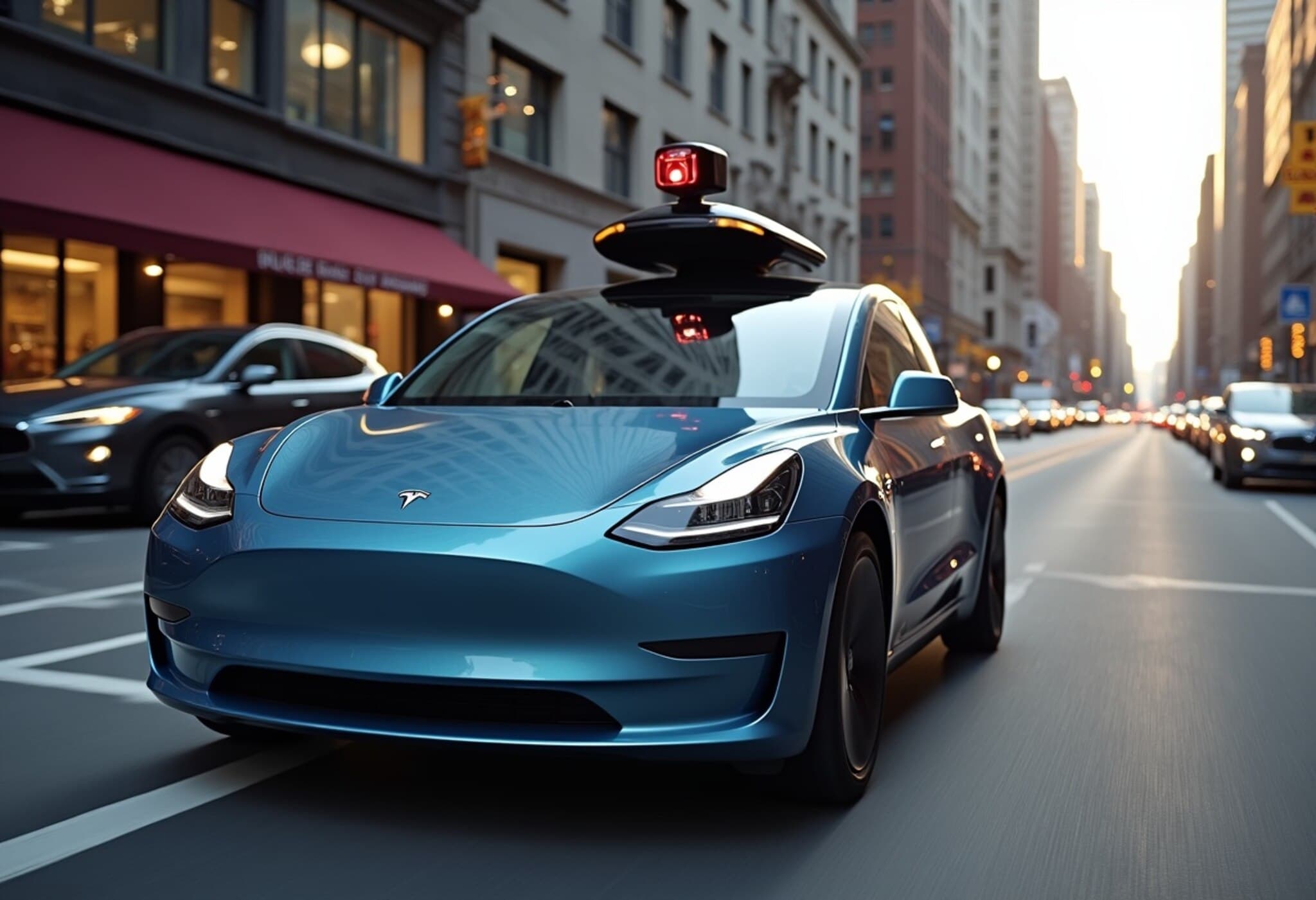Tesla Sales Decline Sharply in Europe Amid Rising Chinese EV Competition
Tesla’s foothold in the European electric vehicle (EV) market took a significant hit in July, with new car registrations plunging by 40% year-over-year. Meanwhile, Chinese EV giant BYD recorded a dramatic upswing, tripling its new registrations in the same period.
July Numbers Spell Trouble for Tesla
According to data released by the European Automobile Manufacturers Association (ACEA), Tesla’s new registrations in Europe totaled just 8,837 vehicles in July 2025. This decline marked the seventh consecutive month of slumping Tesla sales in the region. By contrast, BYD’s registrations soared by 225% year-over-year to reach 13,503 units.
Even as the overall battery electric vehicle market in Europe grew, Tesla's shrinking share raises red flags about the company’s competitive positioning.
Reasons Behind Tesla’s Decline
Industry experts point to several factors behind Tesla’s European struggles. Analyst Thomas Besson from Kepler Cheuvreux notes that Tesla's management has been increasingly emphasizing ventures into artificial intelligence, robotics, and vehicle autonomy, potentially diverting focus from the core business of producing compelling vehicles.
- Lack of Model Refreshes: Tesla's existing vehicle lineup is aging, and there has been a noticeable absence of major model updates, which has weakened its appeal.
- Stalled Flagship Products: The much-anticipated Cybertruck has yet to invigorate sales as hoped, partly due to production delays and uncertainties over its launch timeline.
- Reputational Challenges: Elon Musk's controversial statements and political affiliations, including his ties to former U.S. President Donald Trump, have arguably had a reputational impact, especially among European consumers sensitive to brand values.
These issues, combined with intensifying competition, have contributed to Tesla warning investors about potential “rough quarters” ahead, with the company aiming to launch a new, more affordable electric car in the second half of 2025 to regain momentum.
Rise of Chinese Brands Reshaping the European Market
BYD's rapid growth exemplifies how Chinese automakers are aggressively expanding into Europe, launching competitively priced vehicles and establishing showrooms across the continent. This has resulted in Chinese brands capturing a record share of more than 5% of the European car market in the first half of 2025, as reported by JATO Dynamics.
This wave of competition is reshuffling market dynamics, affecting not only Tesla but other established players. Jeep’s parent company Stellantis, South Korea’s Hyundai Group, and Japanese automakers Toyota and Nissan also experienced declines in European new car registrations in July.
On the flip side, brands such as Volkswagen, Renault, and Peugeot managed to record increased registrations, showcasing that success in Europe’s EV market increasingly depends on innovation, pricing strategy, and regional consumer alignment.
Broader Implications for the EV Industry
Tesla’s European predicament underscores a pivotal moment for the EV landscape. As the sector matures, continuous innovation and brand perception are becoming as crucial as manufacturing scale. For American and European policymakers, these developments highlight the importance of fostering domestic EV innovation to maintain technological sovereignty and economic competitiveness.
Editor’s Note
The dramatic shifts in Tesla’s European sales amid Chinese rivals’ surge raise critical questions about the future competitive balance in the global EV market. Will Tesla’s strategy to refocus on affordable models and innovation help it reclaim lost ground? Moreover, how will policymakers in Europe and the U.S. respond to growing Chinese influence in this strategic industry? These dynamics not only impact automakers but also have broader implications for economic policy, technological leadership, and consumer choice in a rapidly electrifying world.

